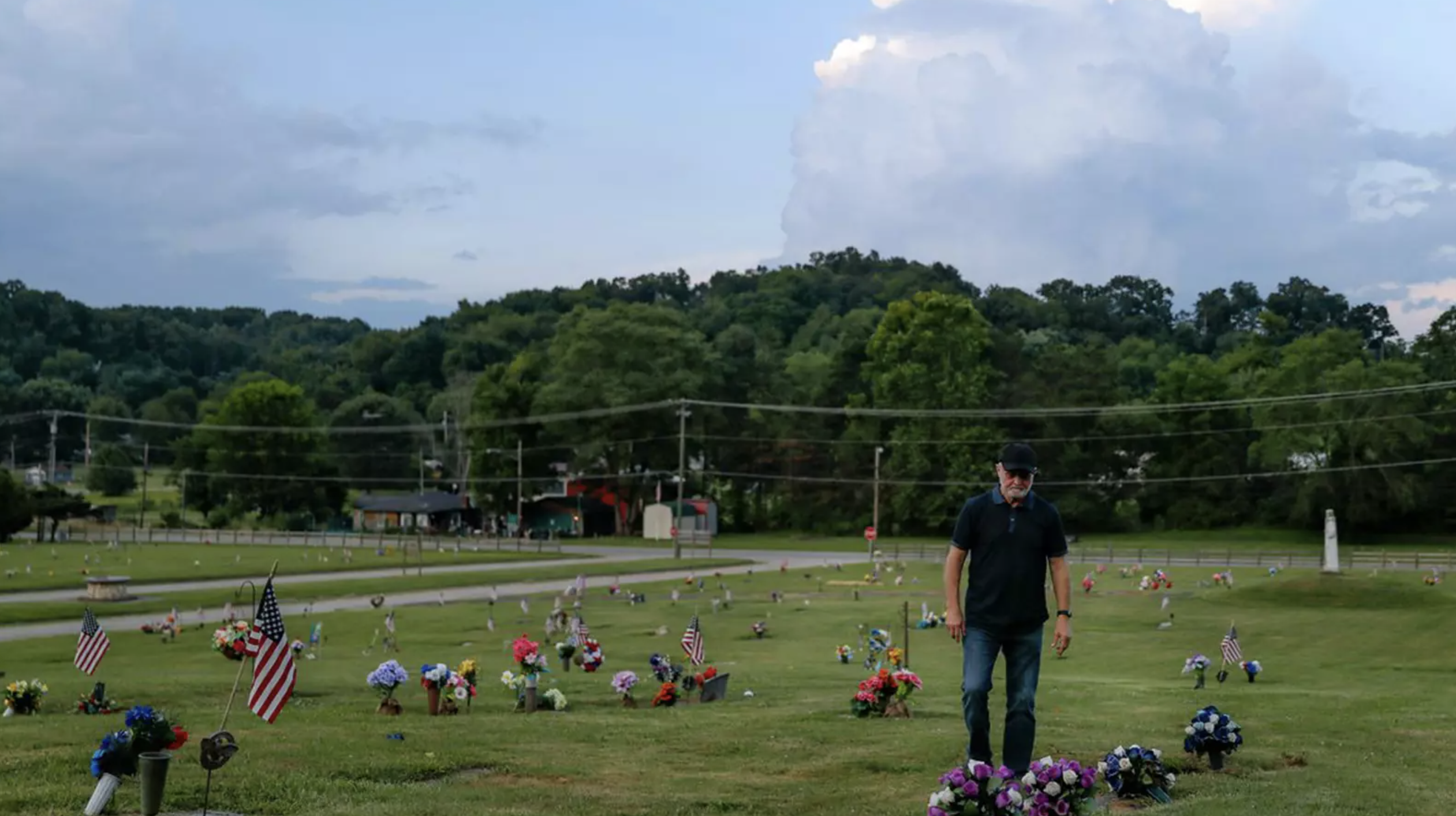This article was originally published by the Huntington Herald-Dispatch.
CHARLESTON — As Huntington and Cabell County’s opioid trial against drug distributors nears its end, the defendants in the eighth week of the trial presented witnesses in an attempt to raze the foundation the plaintiffs built over seven weeks.
The defense witnesses discussed the standard of care in opioid prescribing over the past two decades and said analysis made by other witnesses was untrustworthy.
While the trial had been scheduled to run through mid-August, defense attorneys said they expect to wrap up their testimony next week. U.S. District Court Judge David Faber scheduled closing arguments in the trial for July 27-28. Each side will be given six hours for closing statements, with the defendants dividing their time equally.
The trial surrounds a case in which the city and county seek $2.6 billion to abate the opioid crisis after AmerisourceBergen, Cardinal Health and McKesson shipped more than 127 million dosage units of opioids into the county from 2006 to 2014. At its height, West Virginia was receiving three times the opioids as the national average.
The defense, however, points to the Drug Enforcement Administration, doctors and a history of bad health in West Virginia as the culprits.
Week eight’s testimony leaned on John “Tri” MacDonald, an expert in data analytics related to the pharmaceutical supply chain, who said Friday that West Virginia has a history of having a higher drug volume per capita compared to the United States. At the height of the epidemic, West Virginia was receiving three times the opioids as the national average, but MacDonald said it aligned with other prescribing in the state.
As part of his analysis, MacDonald reviewed the DEA opioid shipment data set formed by plaintiff witness Craig McCann, a data analyst, and methodologies from James “Ralf” Rafalski, a retired diversion investigator at the DEA, who had used McCann’s data. He said Rafalski’s methodology — which said anywhere from 20% to 99.8% of opioid shipments should have been blocked — was unreliable.
MacDonald said the methodologies applied to non-controlled products shipped by Cardinal Health from 2006-18 also shows the vast majority of medication — for thyroid, high blood pressure, diabetes, etc. — should not have been shipped.
He said he is aware Cardinal Health had a suspicious order monitoring system, which leaned on pill shipment threshold limits, and he believes it was executed as designed. He did not offer an opinion on whether the thresholds themselves were ethical.
MacDonald said Rafalski’s methodology did not account for growth of pharmacies or a growth in the amount of prescriptions during the time frame. Cabell attorney Mike Fuller said, likewise, MacDonald did not look at national trends of a growing opioid crisis for part of his analysis.
Fuller also referred to a document regarding a congressional hearing that said the crisis began in West Virginia and devastated the community.
From 2006-14, Cardinal Health shipped 131 million pills to West Virginia, which has a population of 1.8 million people. Comparatively, Texas received 79.3 million pills for its population of 25.2 million. Illinois, with a population of 12.8 million, received 77.9 million opioids.
MacDonald said a lot of factors play into that, like market share. It does not have any impact on him evaluating single orders, he said. Four others called to the stand last week said the plaintiff witnesses’ testimony on insurance, the gateway theory and shipments that the plaintiffs said distributors should have blocked was weak.
Kevin Murphy said the people who are getting the pills are not the ones dying from them later. Cabell attorney Paul T. Farrell Jr. said it could also be true that the people receiving the pills were diverting the pills to others, who later moved to the illicit drug market.
On Wednesday, Dr. Timothy Deer, a pain medicine doctor based in Charleston who has one of the highest opioid prescription rates in the state, reviewed the standard of care in West Virginia and how opioid prescribing changed with state and federal laws and guidelines. He said doctors prescribed opioids as directed by their regulators, not the defendants.
The defendants are expected to call six witnesses to the stand this week before concluding their case.

